Cryptocurrencies have revolutionized the financial landscape, and mining is a fundamental process in their creation and validation. While industrial mining operations have traditionally dominated the cryptocurrency space, there is a growing trend of residential crypto mining, where individuals mine cryptocurrencies from the comfort of their homes. In this article, we will explore the world of residential crypto mining, including various mining methods, benefits, challenges, and future trends.
Residential crypto mining refers to the process of mining cryptocurrencies using personal mining equipment within a residential setting. It enables individuals to participate in the blockchain network and earn cryptocurrency rewards for validating transactions. This practice has gained significant popularity due to the accessibility of mining equipment, the potential for passive income, and the decentralization of mining power.
Types of Residential Crypto Mining
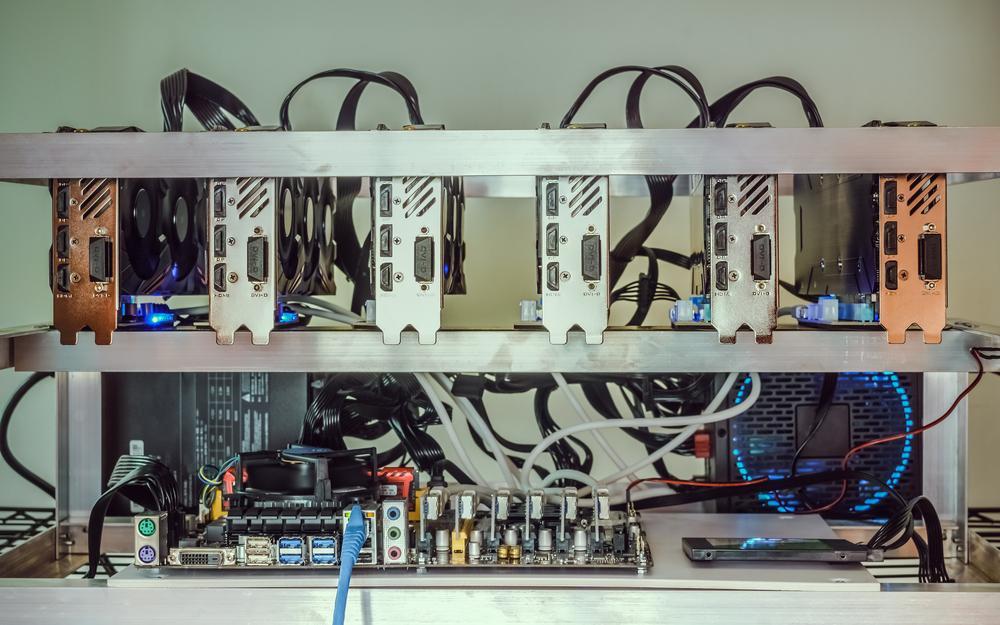
GPU Mining
GPU mining, or Graphics Processing Unit mining, utilizes the computational power of graphics cards to mine cryptocurrencies. This method is popular among individuals who already own gaming or high-performance computers. GPUs are efficient at performing complex mathematical calculations required for mining, and they can mine a wide range of cryptocurrencies.

ASIC Mining
ASIC mining, or Application-Specific Integrated Circuit mining, involves using specialized mining hardware designed specifically for mining cryptocurrencies. ASICs offer significantly higher mining efficiency and hash rates compared to GPUs. They are commonly used for mining Bitcoin and other cryptocurrencies with mining algorithms that ASICs can handle effectively.
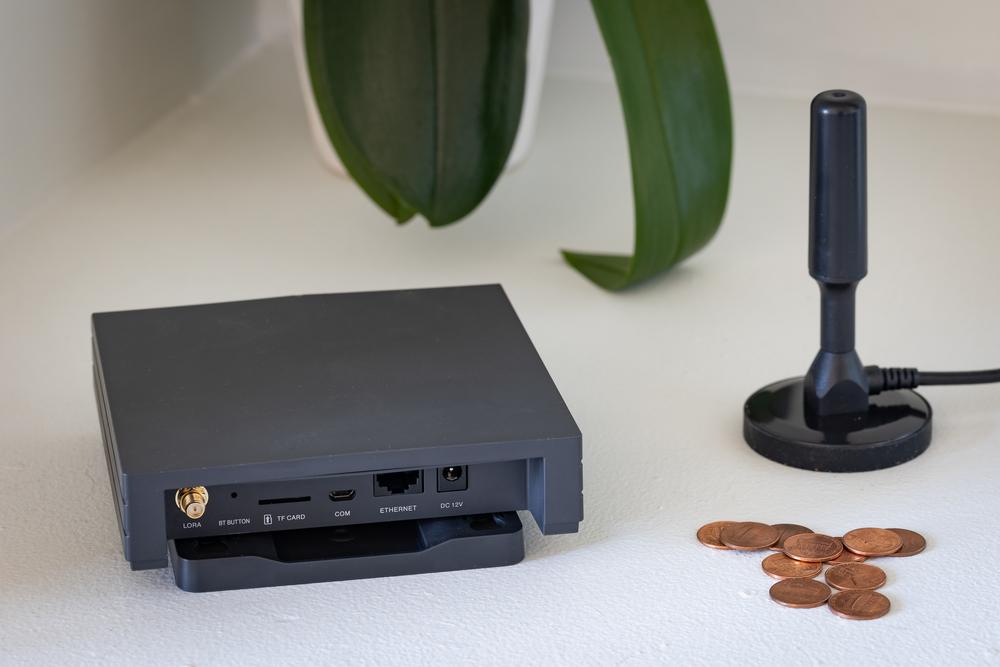
Helium Mining
Helium mining involves the utilization of low-power wireless devices, called Helium Hotspots, to mine the Helium (HNT) cryptocurrency. These hotspots create a decentralized network for the Internet of Things (IoT) by providing coverage and connectivity. Helium mining offers an alternative method for individuals to participate in mining while supporting the growth of IoT infrastructure.
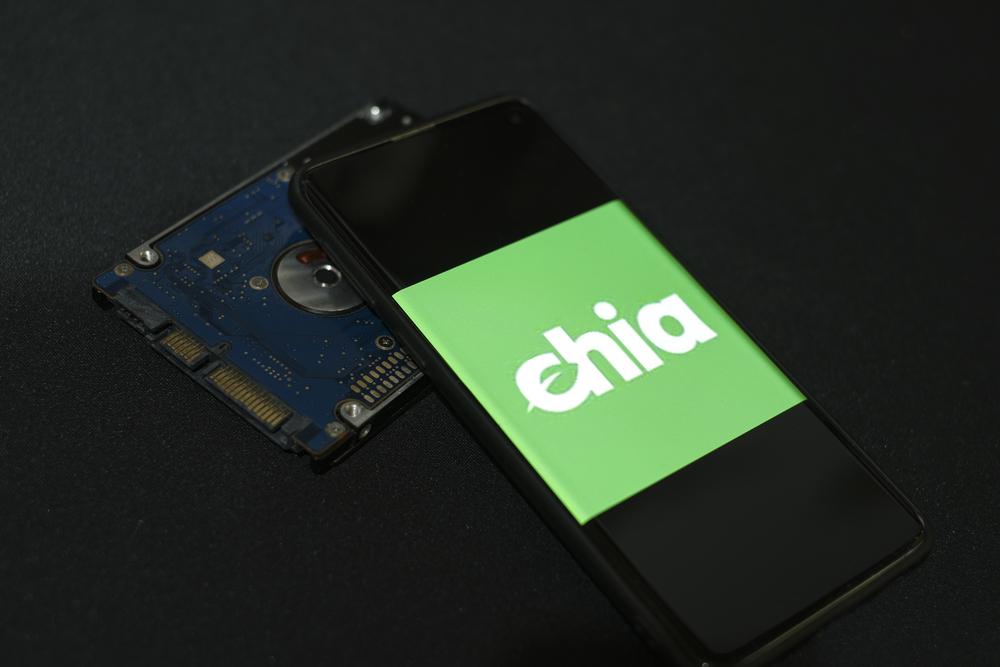
Hard Drive Mining
Hard drive mining leverages the unused storage space on hard drives to mine certain cryptocurrencies. By allocating a portion of the hard drive to mining, individuals can contribute to decentralized storage networks and earn rewards. This method is less resource-intensive compared to GPU or ASIC mining but requires specific cryptocurrencies that support hard drive mining.
Benefits of Residential Crypto Mining
Residential crypto mining offers several benefits for individuals interested in entering the world of cryptocurrency mining:
1. Passive Income Potential: By participating in residential mining, individuals have the opportunity to generate a passive income stream through the mining of valuable cryptocurrencies.
2. Lower Energy Costs: Residential mining typically consumes less energy compared to industrial-scale mining operations, resulting in lower electricity costs.
3. Decentralization of Mining Power: Residential mining contributes to the decentralization of mining power, preventing a single entity from gaining excessive control over the network.
Setting Up a Residential Mining Operation
To start a successful residential mining operation, several factors need to be considered:
1. Equipment and Hardware Requirements: Determine the appropriate mining equipment based on the chosen mining method. This includes GPUs, ASICs, Helium Hotspots, or hard drives.
2. Power and Cooling Considerations: Mining equipment can consume a significant amount of power and generate heat. Ensure that the electrical capacity of the residence can accommodate the mining operation, and implement proper cooling measures to prevent overheating.
3. Mining Software and Pool Selection: Choose suitable mining software compatible with the mining equipment and select a mining pool to join. Mining pools allow miners to combine their resources and increase the chances of earning rewards.
Potential Challenges and Risks
While residential crypto mining offers numerous advantages, it also comes with its own set of challenges and risks:
1. Initial Investment Costs: The upfront investment required to purchase mining equipment and set up a mining operation can be substantial, including the costs of hardware, electrical upgrades, and cooling systems.
2. Noise and Heat Generation: Mining equipment generates noise and heat, which can be disruptive and uncomfortable within a residential environment. Proper soundproofing and cooling solutions are necessary to mitigate these issues.
3. Network and Internet Requirements: Stable and reliable internet connectivity is crucial for mining operations. Residential miners need to ensure they have a robust internet connection to prevent mining disruptions.
4. Regulatory and Legal Considerations: Mining regulations vary across jurisdictions. It’s essential to research and comply with local regulations to avoid legal issues and potential penalties.
Profitability and Return on Investment (ROI)
The profitability of residential crypto mining depends on various factors:
1. Factors Affecting Profitability: The price and market value of the mined cryptocurrencies, mining difficulty, electricity costs, and the efficiency of the mining equipment all influence profitability.
2. Calculation of Mining Profitability: Utilize online calculators and tools to estimate potential earnings based on the mining equipment’s hash rate, electricity consumption, and current market conditions.
3. ROI Estimation and Considerations: Calculate the expected return on investment (ROI) by considering the initial investment, ongoing costs, and the projected earnings. It’s important to account for market volatility and changing mining difficulty.

Environmental Impact of Residential Mining
Residential crypto mining has an environmental impact that should be considered:
1. Energy Consumption and Carbon Footprint: Mining operations consume significant amounts of electricity, contributing to carbon emissions. Exploring energy-efficient mining practices and transitioning to renewable energy sources can help minimize the environmental impact.
2. Sustainable Mining Practices: Responsible mining involves optimizing energy efficiency, recycling electronic waste, and supporting sustainable energy initiatives. Miners can contribute to the adoption of eco-friendly practices within the industry.
3. Transition to Renewable Energy Sources: As the world shifts towards renewable energy, residential miners can explore options such as solar or wind power to reduce their carbon footprint.
Security and Safety Measures
To ensure a secure and safe residential mining operation, certain measures should be implemented:
1. Protecting Mining Hardware and Data: Safeguard mining equipment from theft or damage by utilizing physical security measures. Implement robust cybersecurity practices to protect mining-related data and digital assets.
2. Safe Handling of Mining Equipment: Follow manufacturer guidelines and safety protocols when installing, operating, and maintaining mining equipment. Improper handling can lead to accidents or equipment failure.
3. Network and Cybersecurity Considerations: Protect the mining network from potential cyber threats by implementing firewalls, encryption, and strong passwords. Regularly update software and firmware to patch security vulnerabilities.
Future Trends in Residential Crypto Mining
Residential crypto mining is an evolving industry, and several trends are shaping its future:
1. Integration of Mining with Smart Homes: The integration of mining equipment with smart home technology allows for seamless control, monitoring, and optimization of mining operations.
2. Expansion of Decentralized Mining Networks: Decentralized mining networks, powered by residential miners, are gaining traction. These networks aim to distribute mining power across a diverse range of participants, enhancing security and decentralization.
3. Technological Advancements and Innovations: Advancements in mining hardware, software, and algorithms continue to improve efficiency and profitability. Stay updated on the latest technological developments to optimize mining operations.
Conclusion
Residential crypto mining provides individuals with an opportunity to participate in the cryptocurrency ecosystem, earn passive income, and contribute to the decentralization of mining power. By understanding the different mining methods, addressing challenges, considering profitability, and adopting sustainable practices, residential miners can build successful and rewarding mining operations from the comfort of their homes.
Residential Crypto Mining FAQs
Residential crypto mining is generally legal in most jurisdictions. However, regulations may vary, and it's important to research and comply with local laws and requirements.
Yes it can be done, but mining cryptocurrencies using a laptop is generally not recommended due to limited processing power and potential overheating issues. Specialized mining equipment such as GPUs or ASICs is more suitable for efficient mining.
The profitability of residential mining depends on various factors, including electricity costs, mining equipment efficiency, cryptocurrency prices, and market conditions. It’s advisable to use mining profitability calculators to estimate potential earnings.
The choice of coins to mine depends on factors such as mining equipment capabilities, mining difficulty, and market conditions. Research and analyze different cryptocurrencies to identify those that align with your mining resources and profitability goals.
The time required to recoup the initial investment in residential mining depends on factors such as equipment costs, electricity costs, and cryptocurrency prices. It can vary widely and is influenced by market conditions and mining efficiency.
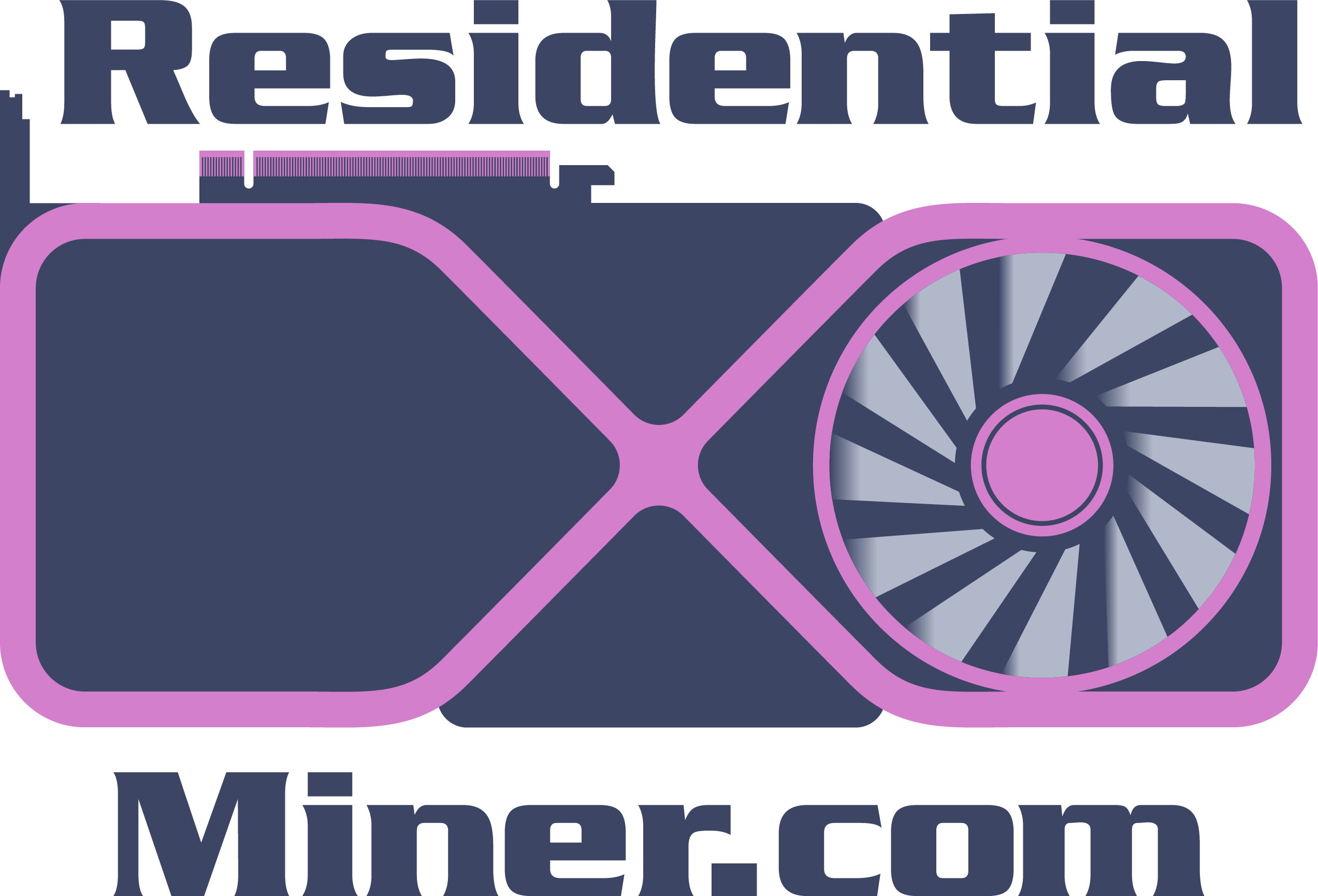
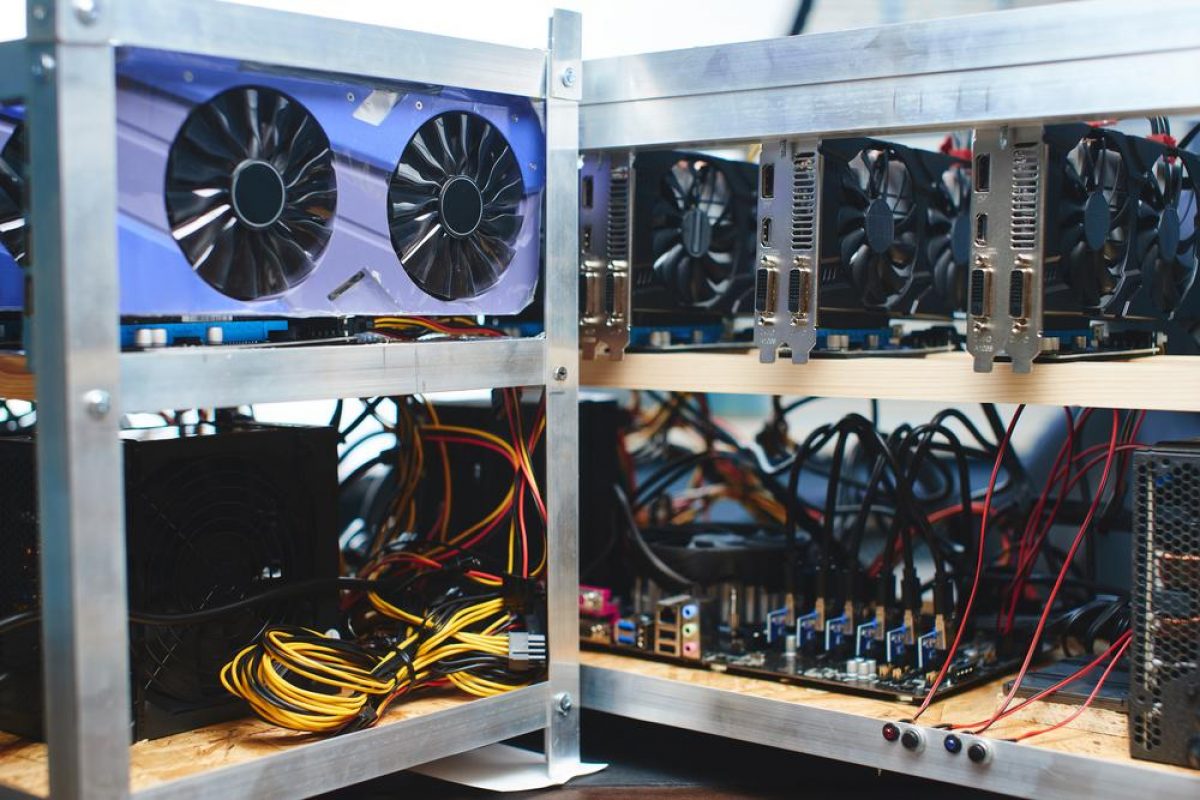











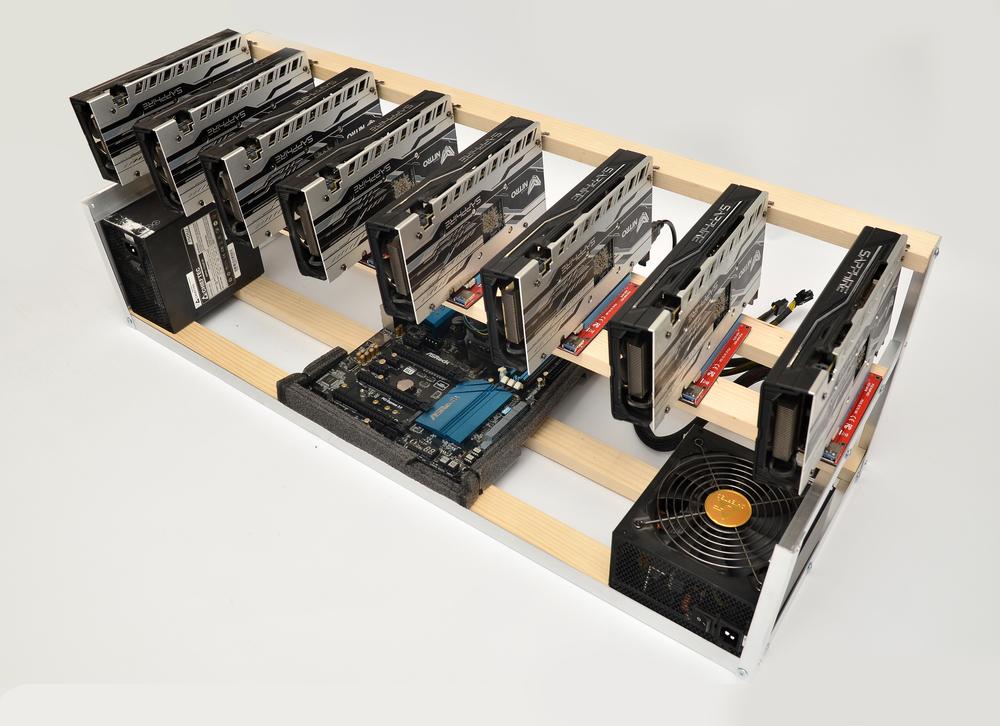
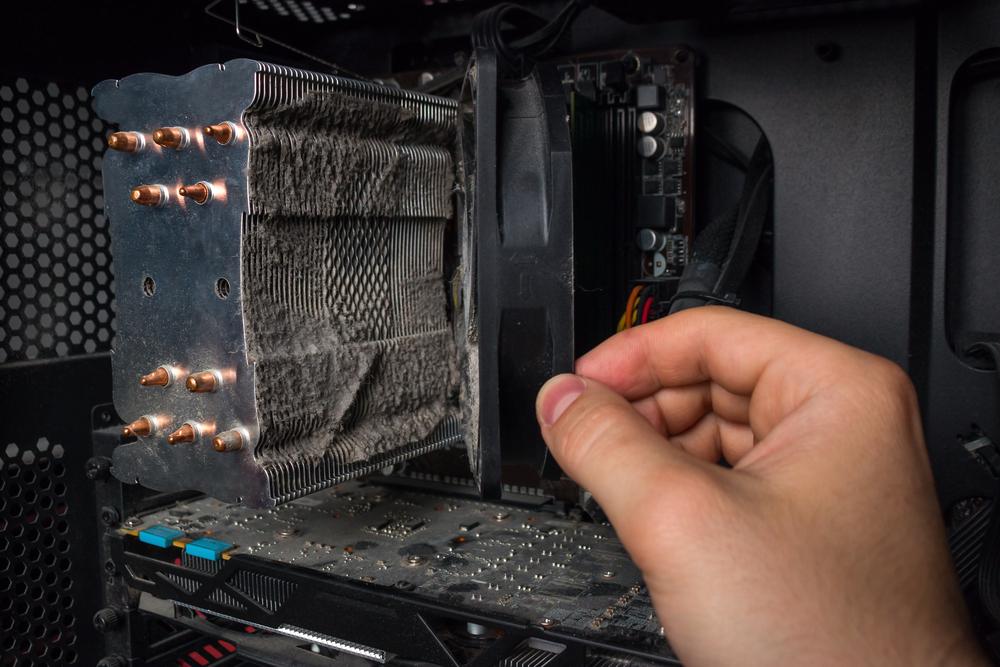
2 Comments